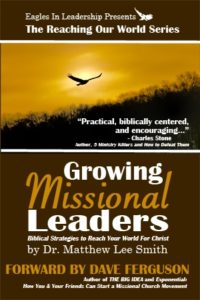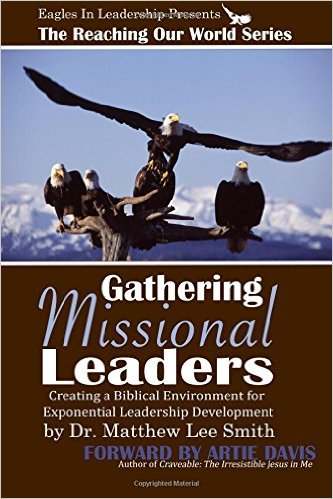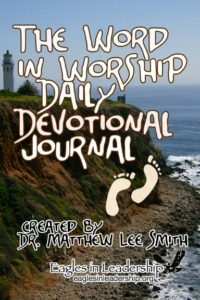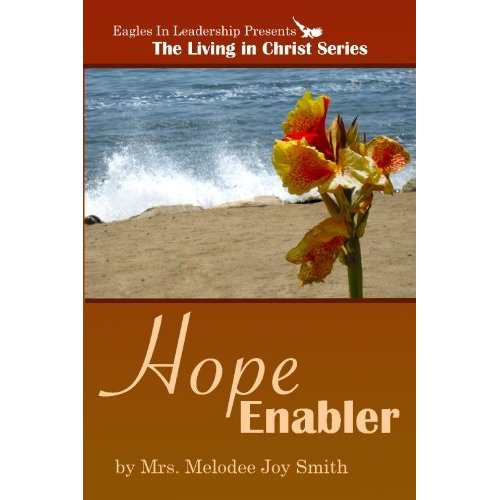 We welcome good friend Mark Howell to Eagles In Leadership today. His article today is a reprint, used by his permission. Mark is a valued friend and wise leader. We know you will enjoy this installment.
We welcome good friend Mark Howell to Eagles In Leadership today. His article today is a reprint, used by his permission. Mark is a valued friend and wise leader. We know you will enjoy this installment.
What is the philosophy of your small group ministry? Do you have one? I think that the most fundamental step for every small group ministry is to develop a personalized philosophy of ministry.
Developing a personalized philosophy of ministry is critical because you will be the one defining priorities, determining next steps and defending actions. Without a personalized philosophy of ministry what you do will be far more driven by the urgent and not the truly important.
Here are some of the core elements of my philosophy of small group ministry:
- Life-on-life is the optimum environment for spiritual growth. I’ve often said that what happens in a worship service is closest in kind to a defibrillator. A great message and inspiring worship can jump start your heart spiritually, but it’s not permanent change. It’s temporary. As soon as you’re in the traffic jam on the way out of the parking lot you’re heart is back to where it was. What does bring change? Life on life. Surgery or therapy happens when the Holy Spirit uses relationships.
- The best delivery system for life-on-life is a small group. Will it work for everybody every time? No. But the easiest way to impact the most people is a small group system that is pervasive.
- Interaction is a key to life-change. A smaller version of the worship service (singing together followed by listening to a Bible teacher) is not the ticket. Facilitated discussion leading to personal application combined with the support and nurture of shared lives leads to life-change.
- Every believer is the relative shepherd to someone (and in most circumstances a group of someones). The Small Group Connection strategy works because there is a relative shepherd in every group gathered. The HOST strategy works because when I gather a few of my friends, I tend to be a step or two ahead of the ones I gather. As my friend Brett says, “I don’t have to be Jesus Junior. Only a step ahead.”
- Whatever I want to happen at the member level in groups has to be happening in the life of the leader. This is the raison d’être for a coaching structure. Coaching is only about technique and skill training in the very beginning. It is almost entirely about life-on-life once a group is beyond 90 days.
- Groups have a life span. The normal life span of a group is about 18 to 24 meetings. Groups can meet much longer than that but barring the infusion of new blood and a very proactive leader, groups that continue to meet become more about fellowship and less about transformation.
- Providing life support for dying groups is counter-productive. When I proactively send new members to a dwindling group I am usually keeping alive something that needs something a few new members won’t provide. Better to build leaders and groups that are intentionally building new relationships outside the group.
- The easiest way to impact a community is through an ever growing network of outward looking groups. With the right curriculum and the right strategy…a church can impact the neighbors and friends of every member. This is the essence of crowd-to-core.
These are some of the essential pieces of my small group philosophy. Every group life discussion I have is influenced by this philosophical stance. As I’ve often said, there is no problem-free solution to anything. This philosophy produces the set of problems I’d rather have.
What’s your philosophy of small group ministry? How is it different?











